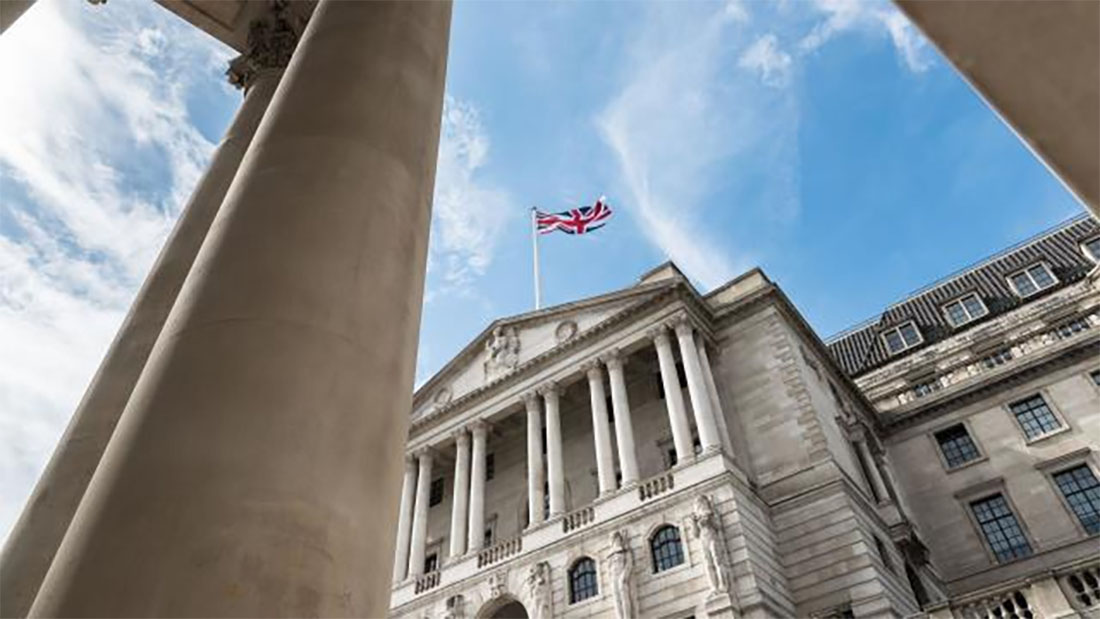
Photo Credit: Getty Images
A major policy change, the Bank of England has lowered its base rate of interest by 0.25 percentage points to 4.5%, its lowest since June 2023. This decision, on 6 February 2025, takes place against the backdrop of the Bank cutting in half its 2025 economic growth projection from 1.5% to 0.75% due to subdued business and household morale and anemic productivity growth.
The Monetary Policy Committee (MPC) voted 7–2 in favor of the rate cut, with two members advocating for a more substantial reduction to 4.25%. This move aligns with economists’ expectations, though the dissenting votes for a larger cut were unexpected.
Chancellor Rachel Reeves, who has prioritized economic growth, acknowledged the rate cut as “welcome news” but expressed dissatisfaction with the current growth rate. She stressed on the responsibility of the government to expedite the economic growth in order to give comfort to working people.
According to the Bank’s updated projections, although the recession is not anticipated, economic growth will be very limited in the short to medium term. Gross Domestic Product (GDP) is projected to have declined by 0.1% in the fourth quarter of 2024 and to grow by 0.1% in the first quarter of 2025—both measures less than estimated previously.
Inflation continues to be a challenge with projections of a further increase to 3.7% this year, caused by higher energy and water costs. The Bank projects that inflation will have run to 2% target only in the last quarter of 2027, six months later than previously anticipated.
The Interest rate cut is anticipated to deliver a degree of relief to mortgage holders on variable-rate mortgages, reducing monthly due. However, savers may experience diminished returns due to the decreased rates.
The Bank has Got unexpectedly dovish and financial markets have reacted. The british pound fell to $1.2365, and two-year gilt yields went down by nine basis. The FTSE 100 index, conversely, saw a 1.5% increase.
Looking ahead, the Bank of England will adopt a conservative stance in relation to any further interest rate changes, monitoring domestic and international economic developments very closely. Governor Andrew Bailey called attention to the need to ensure low and stable inflation as the bedrock of a strong economy.
With the new growth forecasts and rate cuts, the burden on the UK economy and government action to boost the economy, albeit in an environment of persistent economic uncertainty, is highlighted.
















